Established on 15th March 2010, ELECTRICITYCLUB.CO.UK celebrates 15 years online.
Aiming to feature the best in new and classic electronic pop music, during that time it has conducted over 550 interviews from fledgling independent acts and veteran cult artists to established international stars.
ELECTRICITYCLUB.CO.UK prides itself in asking interesting questions that are a bit different and seeded by knowledge of the subject. As a result, these interviews have been appreciated by those music enthusiasts who know their tape recorders from their drum machines.
As for the interviewees, the vast majority have been a joy to work with and luckily, boring or difficult interviews have been rare. However, the most disappointing situations arise when someone agrees to an interview and continues communications for several weeks but doesn’t come clean to say they are not actually interested in participating… it is the interviewing equivalent of being ghosted 😆
While sending questions via email for an artist to answer in their own time is the modern way of conducting an interview and is convenient with artists who have day jobs, don’t speak English as a first language or are in a different time zone, it is not particularly interactive and lacks a conversational flow. A true interview is a two way live conversation conducted face-to-face, by phone or a conferencing platform where opinions, thoughts and recollections can be obtained through reactive questioning.
ELECTRICITYCLUB.CO.UK lists its 25 favourite interviews from over the years. Reading like a ‘Who’s Who?’ of electronic pop, ELECTRICITYCLUB.CO.UK all the interviews were conducted in-person or via a live call, except those with Alan Wilder, Karl Bartos and Rob Dean which were done by email.
PAUL HUMPHREYS (2010)
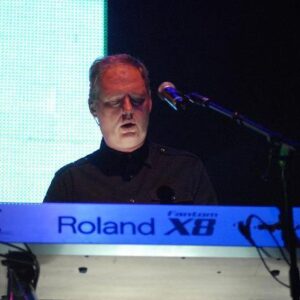 This Paul Humphreys interview put ELECTRICITYCLUB.CO.UK on the map. At his studio complex in London, he chatted about the past, present and future of OMD, hinting at the contents of the upcoming album ‘History Of Modern’. The interview proved popular and was later quoted by The Guardian in a feature about OMD. This was the first of five interviews, the most recent of which was for OMD’s 40th Anniversary in 2019.
This Paul Humphreys interview put ELECTRICITYCLUB.CO.UK on the map. At his studio complex in London, he chatted about the past, present and future of OMD, hinting at the contents of the upcoming album ‘History Of Modern’. The interview proved popular and was later quoted by The Guardian in a feature about OMD. This was the first of five interviews, the most recent of which was for OMD’s 40th Anniversary in 2019.
https://www.electricityclub.co.uk/interview-paul-humphreys/
SARAH BLACKWOOD (2010)
 ELECTRICITYCLUB.CO.UK bumped into Sarah Blackwood after a HEAVEN 17 concert in Cologne and so began a long lasting friendship. Conducted at a café in St Pancras, this interview captured an interesting interregnum with our heroine between the end of CLIENT and the start of the DUBSTAR reunion. This was to be the first of two Sarah solo chats while she would be interviewed with Chris Wilkie twice as DUBSTAR.
ELECTRICITYCLUB.CO.UK bumped into Sarah Blackwood after a HEAVEN 17 concert in Cologne and so began a long lasting friendship. Conducted at a café in St Pancras, this interview captured an interesting interregnum with our heroine between the end of CLIENT and the start of the DUBSTAR reunion. This was to be the first of two Sarah solo chats while she would be interviewed with Chris Wilkie twice as DUBSTAR.
https://www.electricityclub.co.uk/sarah-blackwood-interview/
CLAUDIA BRÜCKEN (2010)
 Conducted in London to coincide with the reissue of her debut solo album ‘Love: And A Million Other Things’, Claudia Brücken talked about her time in PROPAGANDA, ACT and ONETWO while she also talked about plans for a compilation called ‘ComBined’ collecting highlights from throughout her career. Her most recent ELECTRICITYCLUB.CO.UK interview was together with Susanne Freytag as xPROPAGANDA.
Conducted in London to coincide with the reissue of her debut solo album ‘Love: And A Million Other Things’, Claudia Brücken talked about her time in PROPAGANDA, ACT and ONETWO while she also talked about plans for a compilation called ‘ComBined’ collecting highlights from throughout her career. Her most recent ELECTRICITYCLUB.CO.UK interview was together with Susanne Freytag as xPROPAGANDA.
https://www.electricityclub.co.uk/claudia-brucken-interview/
ANDY McCLUSKEY (2011)
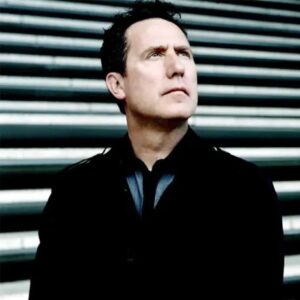 The majority of interviews are cordial affairs but this one with Andy McCluskey following the release of OMD’s comeback album ‘History Of Modern’ was a bit ‘Frost/Nixon’. ELECTRICITYCLUB.CO.UK echoed some of the fan disappointments about the record and to his credit, he was unrepentant and batted away criticisms with aplomb. A less confrontational interview followed in 2013 for ‘English Electric’.
The majority of interviews are cordial affairs but this one with Andy McCluskey following the release of OMD’s comeback album ‘History Of Modern’ was a bit ‘Frost/Nixon’. ELECTRICITYCLUB.CO.UK echoed some of the fan disappointments about the record and to his credit, he was unrepentant and batted away criticisms with aplomb. A less confrontational interview followed in 2013 for ‘English Electric’.
https://www.electricityclub.co.uk/andy-mccluskey-interview/
STEPHEN MORRIS (2011)
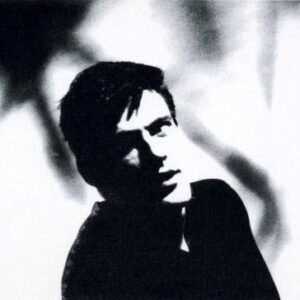 ELECTRICITYCLUB.CO.UK were surprised when a request to interview Stephen Morris was accepted, especially as NEW ORDER had seemingly disbanded. The conversion had The Human Drum Machine at his best with stories about JOY DIVISION as well. But why was this interview taking place, why was he doing a fashion shoot for ‘Arena Homme+’? It was all subtle profile rebuilding as NEW ORDER was relaunched months later!
ELECTRICITYCLUB.CO.UK were surprised when a request to interview Stephen Morris was accepted, especially as NEW ORDER had seemingly disbanded. The conversion had The Human Drum Machine at his best with stories about JOY DIVISION as well. But why was this interview taking place, why was he doing a fashion shoot for ‘Arena Homme+’? It was all subtle profile rebuilding as NEW ORDER was relaunched months later!
https://www.electricityclub.co.uk/stephen-morris-interview/
BLANCMANGE (2011)
 With many discussion points covered, a thoroughly entertaining hour was spent chatting to Neil Arthur in his studio during a break from rehearsals for the first BLANCMANGE live shows since 1986 in support of a new album ‘Blanc Burn’. The artist who has been interviewed the most times by ELECTRICITYCLUB.CO.UK, he has since been featured a further nine times including with his side projects FADER and NEAR FUTURE.
With many discussion points covered, a thoroughly entertaining hour was spent chatting to Neil Arthur in his studio during a break from rehearsals for the first BLANCMANGE live shows since 1986 in support of a new album ‘Blanc Burn’. The artist who has been interviewed the most times by ELECTRICITYCLUB.CO.UK, he has since been featured a further nine times including with his side projects FADER and NEAR FUTURE.
https://www.electricityclub.co.uk/blancmange-interview/
MIRRORS (2011)
 The intelligent aesthetics of MIRRORS made them ideal for ELECTRICITYCLUB.CO.UK’s first interview using the Vintage Synth Trumps format. Conducted in the dressing room of Cologne’s Gebaude9 prior to the first show of their headlining German tour, James New and Ally Young chatted about the synths used on their ’Lights & Offerings’ album. But tension was evident between the pair and it ultimately led to the sad end of the band.
The intelligent aesthetics of MIRRORS made them ideal for ELECTRICITYCLUB.CO.UK’s first interview using the Vintage Synth Trumps format. Conducted in the dressing room of Cologne’s Gebaude9 prior to the first show of their headlining German tour, James New and Ally Young chatted about the synths used on their ’Lights & Offerings’ album. But tension was evident between the pair and it ultimately led to the sad end of the band.
https://www.electricityclub.co.uk/vintage-synth-trumps-with-mirrors/
ALAN WILDER (2011)
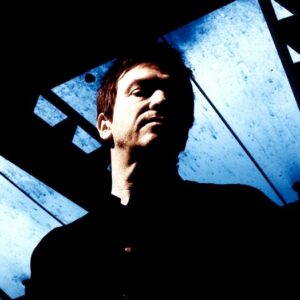 While often reluctant to talk about DEPECHE MODE, when Alan Wilder auctioned off a large collection of his studio equipment, vinyl and memorabilia, he was ready to talk about the band he left in 1995 again as well his own musical venture RECOIL. For the 25th Anniversary of the release of the ‘101’ live album and documentary film in 2014 , ELECTRICITYCLUB.CO.UK was the only platform he granted an interview to.
While often reluctant to talk about DEPECHE MODE, when Alan Wilder auctioned off a large collection of his studio equipment, vinyl and memorabilia, he was ready to talk about the band he left in 1995 again as well his own musical venture RECOIL. For the 25th Anniversary of the release of the ‘101’ live album and documentary film in 2014 , ELECTRICITYCLUB.CO.UK was the only platform he granted an interview to.
https://www.electricityclub.co.uk/the-alan-wilder-interview/
HOWARD JONES (2011)
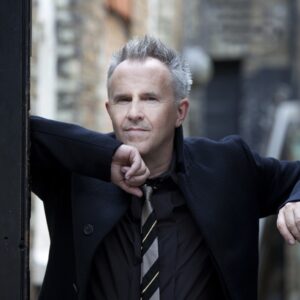 One of the nicest guys in the music business, ELECTRICITYCLUB.CO.UK had the pleasure of chatting to Howard Jones about his then-upcoming tour performing his first two albums ‘Human’s Lib’ and ‘Dream Into Action’. Focussing on the period between 1983 to 85 when he became a household name and was many people’s entry point into the world of synthpop, the interview included lots of analogue and digital synth talk.
One of the nicest guys in the music business, ELECTRICITYCLUB.CO.UK had the pleasure of chatting to Howard Jones about his then-upcoming tour performing his first two albums ‘Human’s Lib’ and ‘Dream Into Action’. Focussing on the period between 1983 to 85 when he became a household name and was many people’s entry point into the world of synthpop, the interview included lots of analogue and digital synth talk.
https://www.electricityclub.co.uk/howard-jones/
KARL BARTOS (2013)
 A short conversation conducted remotely, Karl Bartos talked about his new album ‘Off The Record’ and recalled his collaborations with Andy McCluskey, Bernard Sumner and Johnny Marr. When he performed at Cologne’s Live Music Hall on the same night that KRAFTWERK received a Lifetime Achievement Grammyin January 2014, ELECTRICITYCLUB.CO.UK were granted an audience with the man himself.
A short conversation conducted remotely, Karl Bartos talked about his new album ‘Off The Record’ and recalled his collaborations with Andy McCluskey, Bernard Sumner and Johnny Marr. When he performed at Cologne’s Live Music Hall on the same night that KRAFTWERK received a Lifetime Achievement Grammyin January 2014, ELECTRICITYCLUB.CO.UK were granted an audience with the man himself.
https://www.electricityclub.co.uk/a-short-conversation-with-karl-bartos/
ALISON MOYET (2013)
 The album ‘the minutes’ saw the return of Alison Moyet to electronica and this inevitably led to reminiscences about YAZOO in this delightful and sweary interview conducted face-to-face in Islington. She was frank and open about all aspects of her career, the misconception of her being a “jazz singer” and which two songs from the YAZOO portfolio she particularly hated! Can you guess without look at the transcript which ones they are?
The album ‘the minutes’ saw the return of Alison Moyet to electronica and this inevitably led to reminiscences about YAZOO in this delightful and sweary interview conducted face-to-face in Islington. She was frank and open about all aspects of her career, the misconception of her being a “jazz singer” and which two songs from the YAZOO portfolio she particularly hated! Can you guess without look at the transcript which ones they are?
https://www.electricityclub.co.uk/alison-moyet-interview-2/
VILE ELECTRODES (2013)
 VILE ELECTRODES remain the act that ELECTRICITYCLUB.CO.UK has been proudest of featuring. Invited to support OMD on the German leg of their ‘English Electric’ tour following Andy McCluskey spotting the band while perusing ELECTRICITYCLUB.CO.UK, this informative interview was conducted in Anais Neon and Martin Swan’s synth-filled apartment and completed online to update it after the news was announced.
VILE ELECTRODES remain the act that ELECTRICITYCLUB.CO.UK has been proudest of featuring. Invited to support OMD on the German leg of their ‘English Electric’ tour following Andy McCluskey spotting the band while perusing ELECTRICITYCLUB.CO.UK, this informative interview was conducted in Anais Neon and Martin Swan’s synth-filled apartment and completed online to update it after the news was announced.
https://www.electricityclub.co.uk/vile-electrodes-re-emerge/
GARY NUMAN (2013)
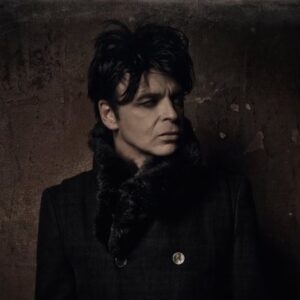 ELECTRICITYCLUB.CO.UK were literally given a few days notice that is was to interview Gary Numan at his home in Los Angeles by phone. Coinciding with the release of the ‘Splinter (Songs From A Broken Mind)’ album which had taken 7 years to complete, he was in buoyant mood after an artistic rejuvenation. Refreshingly honest, he admitted his original plan to make all the songs on ‘Splinter’ one-dimensional was “a sh*t idea”!
ELECTRICITYCLUB.CO.UK were literally given a few days notice that is was to interview Gary Numan at his home in Los Angeles by phone. Coinciding with the release of the ‘Splinter (Songs From A Broken Mind)’ album which had taken 7 years to complete, he was in buoyant mood after an artistic rejuvenation. Refreshingly honest, he admitted his original plan to make all the songs on ‘Splinter’ one-dimensional was “a sh*t idea”!
https://www.electricityclub.co.uk/gary-numan-discusses-splinter/
RODNEY CROMWELL (2016)
 One of the fun things about the Vintage Synth Trumps series of interviews is that there is a degree of jeopardy for both interviewer and artist. Taking time to gain acclaim and recognition , the first Rodney Cromwell album ‘Age Of Anxiety’ was perfect for mainman Adam Cresswell to talk about his love of synths and DIY recording as well as the influence of NEW ORDER and SECTION 25 on his music over a fish supper in London’s Soho.
One of the fun things about the Vintage Synth Trumps series of interviews is that there is a degree of jeopardy for both interviewer and artist. Taking time to gain acclaim and recognition , the first Rodney Cromwell album ‘Age Of Anxiety’ was perfect for mainman Adam Cresswell to talk about his love of synths and DIY recording as well as the influence of NEW ORDER and SECTION 25 on his music over a fish supper in London’s Soho.
https://www.electricityclub.co.uk/vintage-synth-trumps-with-rodney-cromwell/
RICHARD BARBIERI (2017)
 It was known that Richard Barbieri is often not that keen on talking about JAPAN and ELECTRICITYCLUB.CO.UK assumed all the chat over the phone would be about his new album ‘Planets + Persona’. But unprompted, he chatted about his MicroMoog which was used on a number of JAPAN albums. But the crowning glory of the interview was how he did the metallic intro of ‘Ghosts’ using his Roland System 700 Lab Series.
It was known that Richard Barbieri is often not that keen on talking about JAPAN and ELECTRICITYCLUB.CO.UK assumed all the chat over the phone would be about his new album ‘Planets + Persona’. But unprompted, he chatted about his MicroMoog which was used on a number of JAPAN albums. But the crowning glory of the interview was how he did the metallic intro of ‘Ghosts’ using his Roland System 700 Lab Series.
https://www.electricityclub.co.uk/richard-barbieri-interview/
ZEUS B HELD (2017)
 While not as well-known as Giorgio Moroder or Conny Plank, producer Zeus B Held contacted ELECTRICITYCLUB.CO.UK after it did a Beginner’s Guide feature on his career portfolio. A coffee meeting was arranged at Foyles bookshop in London and morphed into a full interview which saw the talkative German reflect back on working with GINA X PERFORMANCE, FASHION and DEAD OR ALIVE as well as John Foxx and Gary Numan.
While not as well-known as Giorgio Moroder or Conny Plank, producer Zeus B Held contacted ELECTRICITYCLUB.CO.UK after it did a Beginner’s Guide feature on his career portfolio. A coffee meeting was arranged at Foyles bookshop in London and morphed into a full interview which saw the talkative German reflect back on working with GINA X PERFORMANCE, FASHION and DEAD OR ALIVE as well as John Foxx and Gary Numan.
https://www.electricityclub.co.uk/zeus-b-held-interview/
ROBERT GÖRL (2017)
 When in Düsseldorf… despite the confrontational aspects of DAF, their drummer and sequencer programmer Robert Görl is something of a thoughtful and spiritual soul. This face-to-face interview was conducted before a performance of his ‘Glücksritter’ live only project and took in DAF, his wonderful solo debut long player ‘Night Full Of Tension’, working with Annie Lennox and the great standalone single ‘Mit Dir’.
When in Düsseldorf… despite the confrontational aspects of DAF, their drummer and sequencer programmer Robert Görl is something of a thoughtful and spiritual soul. This face-to-face interview was conducted before a performance of his ‘Glücksritter’ live only project and took in DAF, his wonderful solo debut long player ‘Night Full Of Tension’, working with Annie Lennox and the great standalone single ‘Mit Dir’.
https://www.electricityclub.co.uk/robert-gorl-interview/
SOFT CELL (2018)
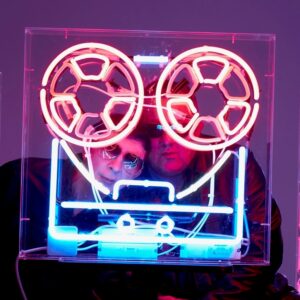 Marc Almond and Dave Ball surprised all with a reunion for ‘One Night Only’ at London’s O2 Arena that has since become an ongoing world tour. But with it came a lavish boxed set, various books and new albums. In a London pub, ELECTRICITYCLUB.CO.UK had an in-depth chat with Dave Ball focussed on the ups and downs of SOFT CELL. This was followed up with an entertaining game of Vintage Synth Trumps in 2023.
Marc Almond and Dave Ball surprised all with a reunion for ‘One Night Only’ at London’s O2 Arena that has since become an ongoing world tour. But with it came a lavish boxed set, various books and new albums. In a London pub, ELECTRICITYCLUB.CO.UK had an in-depth chat with Dave Ball focussed on the ups and downs of SOFT CELL. This was followed up with an entertaining game of Vintage Synth Trumps in 2023.
https://www.electricityclub.co.uk/soft-cell-interview/
MARTYN WARE (2019)
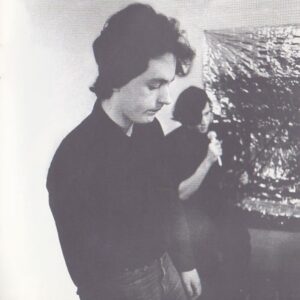 ELECTRICITYCLUB.CO.UK has enjoyed seven interviews with Martyn Ware encompassing HEAVEN 17 and BEF, but this chat was about his time as a co-founder member of THE HUMAN LEAGUE to coincide with a live celebration of their first two albums ‘Reproduction’ and ‘Travelogue’. This was a fascinating insight into how THE HUMAN LEAGUE’s “vocals and synthesizers only” sound became the future of pop music.
ELECTRICITYCLUB.CO.UK has enjoyed seven interviews with Martyn Ware encompassing HEAVEN 17 and BEF, but this chat was about his time as a co-founder member of THE HUMAN LEAGUE to coincide with a live celebration of their first two albums ‘Reproduction’ and ‘Travelogue’. This was a fascinating insight into how THE HUMAN LEAGUE’s “vocals and synthesizers only” sound became the future of pop music.
https://www.electricityclub.co.uk/martyn-ware-the-reproduction-travelogue-interview/
ROB DEAN (2021)
 Although he left JAPAN in 1980, guitarist Rob Dean gave an eye witness account to ELECTRICITYCLUB.CO.UK into the making of their third album ‘Quiet Life’ to coincide with a remastered boxset. JAPAN were in a state of transition from the growly glam funk of their first records to the mannered artful combo people remember them for today, so with him now residing in Costa Rica, this email Q&A provided some insightful commentary.
Although he left JAPAN in 1980, guitarist Rob Dean gave an eye witness account to ELECTRICITYCLUB.CO.UK into the making of their third album ‘Quiet Life’ to coincide with a remastered boxset. JAPAN were in a state of transition from the growly glam funk of their first records to the mannered artful combo people remember them for today, so with him now residing in Costa Rica, this email Q&A provided some insightful commentary.
https://www.electricityclub.co.uk/rob-dean-the-quiet-life-interview/
MARK REEDER (2021)
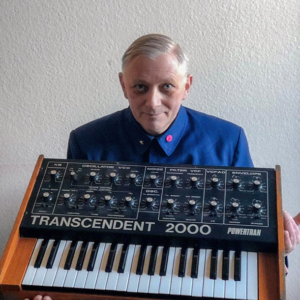 While most of ELECTRICITYCLUB.CO.UK’s interviews with Our Man In Berlin have been conducted remotely at his convenience, apart from an onstage interview at a 2016 event in Düsseldorf, this Vintage Synth Trumps chat was a rare live outing on Skype. Among the topics were his remixes for NEW ORDER and YELLO while there was also mention of the Transcendent 2000 which Bernard Sumner had built from a kit and given to him.
While most of ELECTRICITYCLUB.CO.UK’s interviews with Our Man In Berlin have been conducted remotely at his convenience, apart from an onstage interview at a 2016 event in Düsseldorf, this Vintage Synth Trumps chat was a rare live outing on Skype. Among the topics were his remixes for NEW ORDER and YELLO while there was also mention of the Transcendent 2000 which Bernard Sumner had built from a kit and given to him.
https://www.electricityclub.co.uk/vintage-synth-trumps-with-mark-reeder/
BILLY CURRIE (2022)
 With his noted dry humour, Billy Currie was on top form for probably the best interview in the Vintage Synth Trumps series so far. With insight into the workings of ULTRAVOX and VISAGE as well solo work and his brief time in the Gary Numan live band. Of the latter, Currie went into detail about the ARP Odyssey solo on ‘On Broadway’ while also shedding light on how ‘Touch & Go’ co-written with former band mate John Foxx became ‘Mr X’.
With his noted dry humour, Billy Currie was on top form for probably the best interview in the Vintage Synth Trumps series so far. With insight into the workings of ULTRAVOX and VISAGE as well solo work and his brief time in the Gary Numan live band. Of the latter, Currie went into detail about the ARP Odyssey solo on ‘On Broadway’ while also shedding light on how ‘Touch & Go’ co-written with former band mate John Foxx became ‘Mr X’.
https://www.electricityclub.co.uk/vintage-synth-trumps-with-billy-currie/
TELEX (2023)
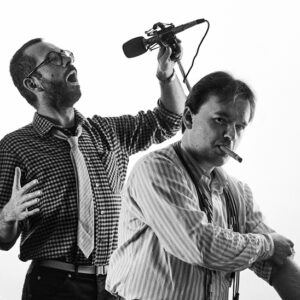 Some say that the Belgians don’t have a sense of humour, but that was proved wrong when surviving TELEX members Michel Moers and Dan Lacksman gave a laugh a minute interview to ELECTRICITYCLUB.CO.UK in support of their self-titled boxed set released by Mute Records. The most hilarious moment was when the pair recalled their dismay when Portugal awarded them 10 points at the Eurovision Song Contest in 1980.
Some say that the Belgians don’t have a sense of humour, but that was proved wrong when surviving TELEX members Michel Moers and Dan Lacksman gave a laugh a minute interview to ELECTRICITYCLUB.CO.UK in support of their self-titled boxed set released by Mute Records. The most hilarious moment was when the pair recalled their dismay when Portugal awarded them 10 points at the Eurovision Song Contest in 1980.
https://www.electricityclub.co.uk/telex-interview/
MIDGE URE (2023)
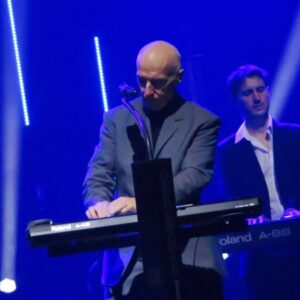 ELECTRICITYCLUB.CO.UK has had the honour of interviewing Midge Ure on a number of occasions, the first time at the world famous Abbey Road Studios. But the most recent occasion was the best where he discussed a life in music ahead of his 70th birthday and a special show at the Royal Albert Hall. This was an extensive chat which included music technology such as the PPG Wave and the Roland GR700 guitar synthesizer.
ELECTRICITYCLUB.CO.UK has had the honour of interviewing Midge Ure on a number of occasions, the first time at the world famous Abbey Road Studios. But the most recent occasion was the best where he discussed a life in music ahead of his 70th birthday and a special show at the Royal Albert Hall. This was an extensive chat which included music technology such as the PPG Wave and the Roland GR700 guitar synthesizer.
https://www.electricityclub.co.uk/midge-ure-a-life-in-music/
JOHN FOXX (2024)
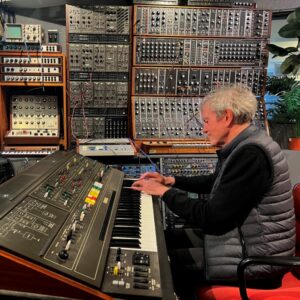 With ‘Metamatic’ about to celebrate its 45th Anniversary, it was a perfect time for ELECTRICITYCLUB.CO.UK to chat to John Foxx about his close encounters with synthesizers over a game of Vintage Synth Trumps in Düsseldorf, the spiritual home of modern electronic pop. As well as talking about his seminal debut solo album, he recalled how ULTRAVOX came to utilise synths and drum machines in their music.
With ‘Metamatic’ about to celebrate its 45th Anniversary, it was a perfect time for ELECTRICITYCLUB.CO.UK to chat to John Foxx about his close encounters with synthesizers over a game of Vintage Synth Trumps in Düsseldorf, the spiritual home of modern electronic pop. As well as talking about his seminal debut solo album, he recalled how ULTRAVOX came to utilise synths and drum machines in their music.
https://www.electricityclub.co.uk/vintage-synth-trumps-with-john-foxx/
ELECTRICITYCLUB.CO.UK’s interviews can be viewed at https://www.electricityclub.co.uk/interviews/
Interviews from the Vintage Synth Trumps series are collected at https://www.electricityclub.co.uk/v-s-t/
Text by Chi Ming Lai
15th March 2025

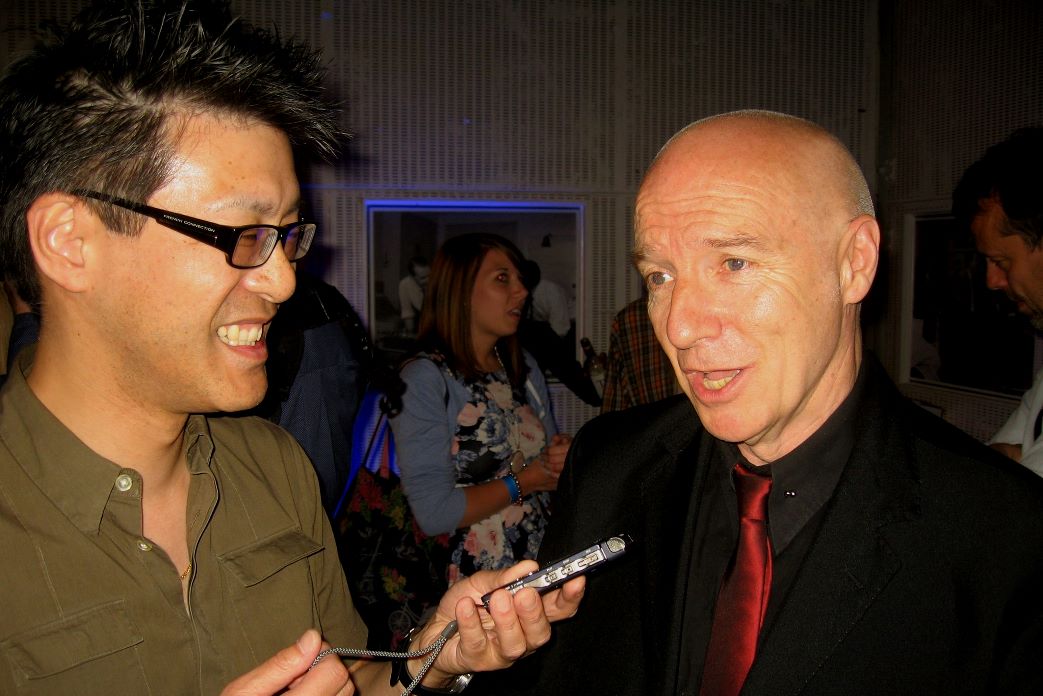
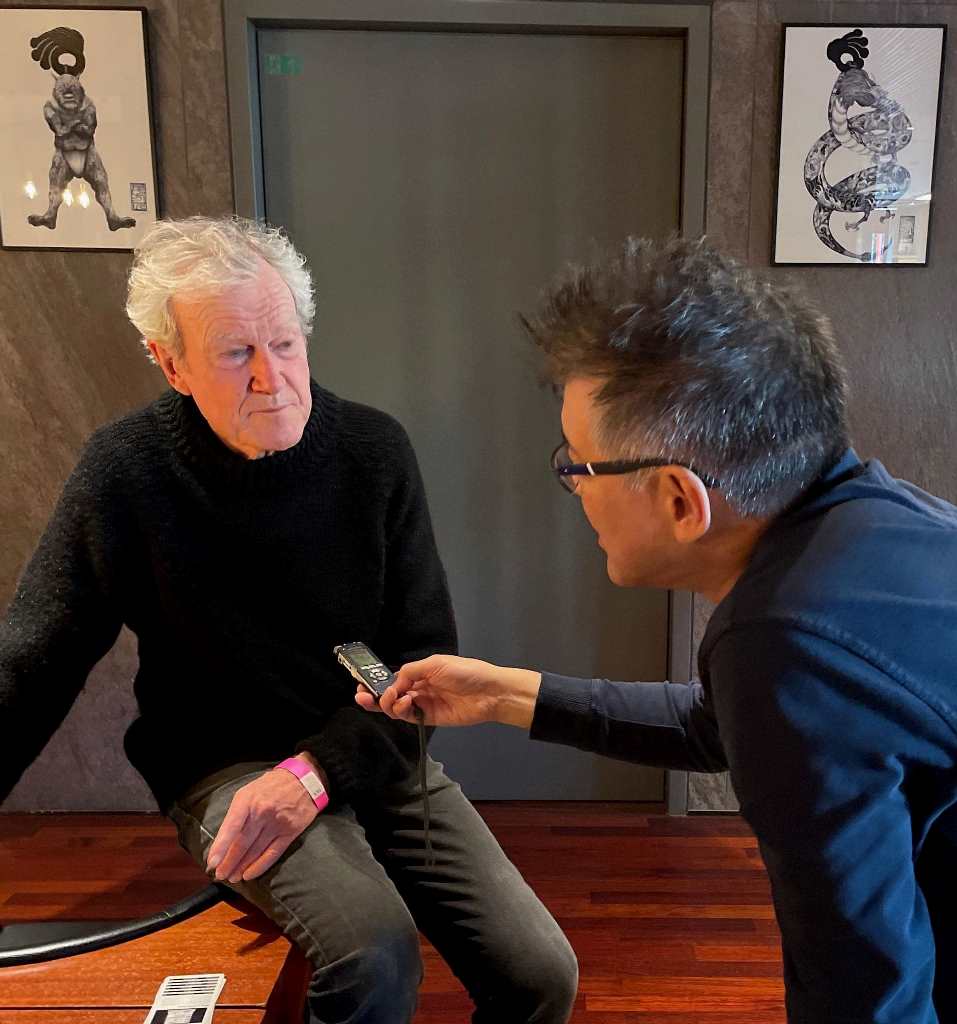
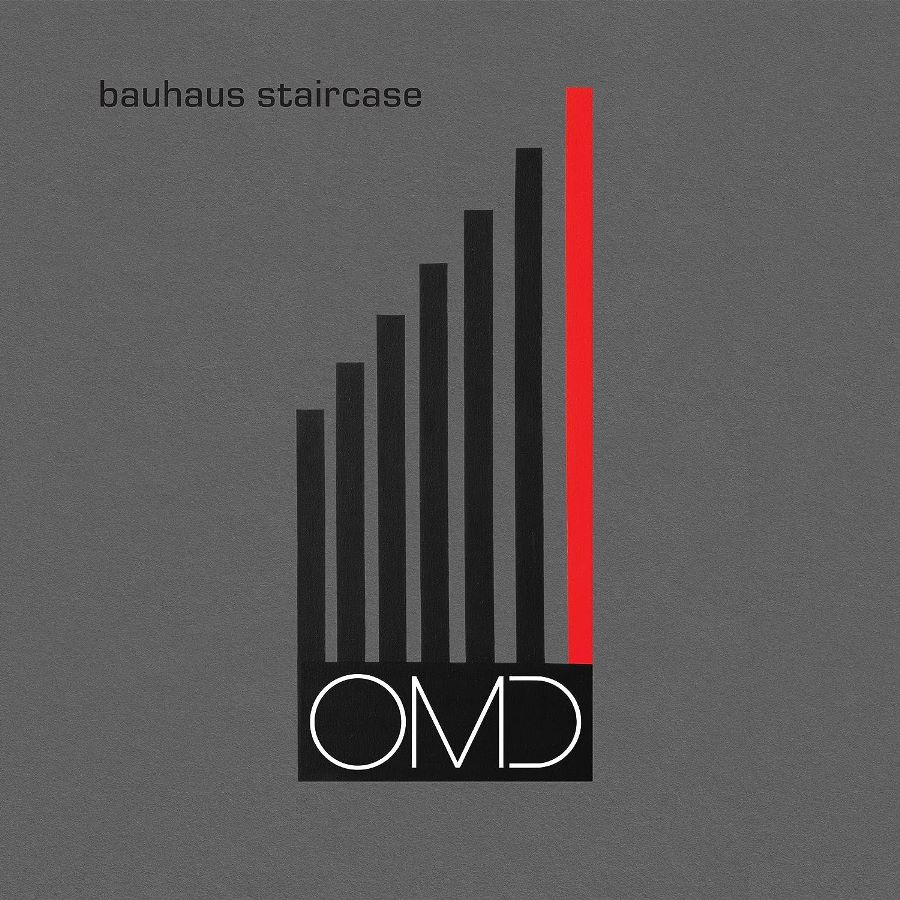
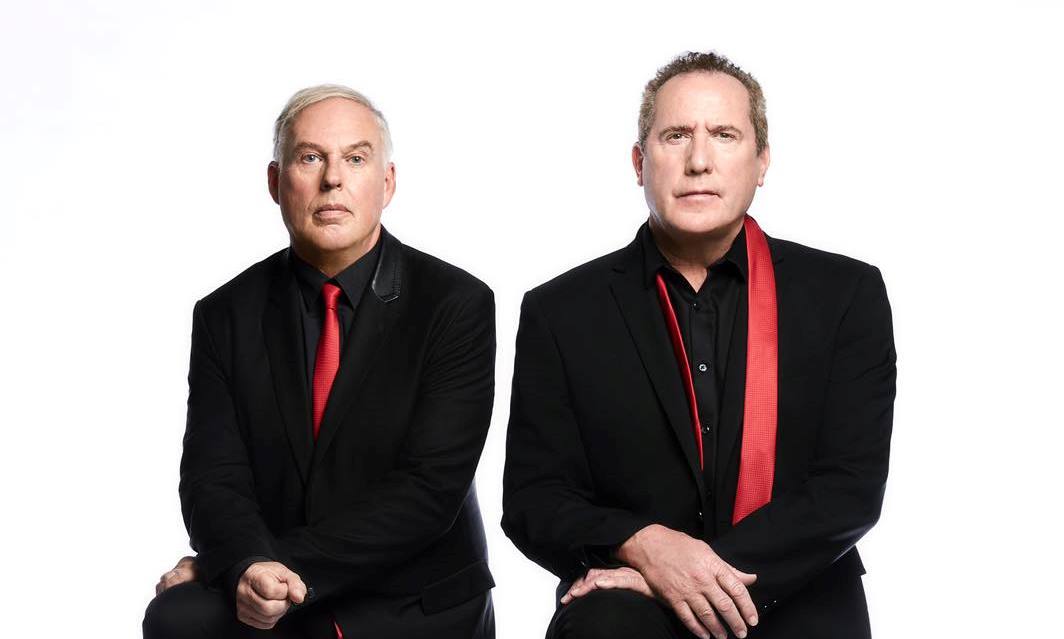
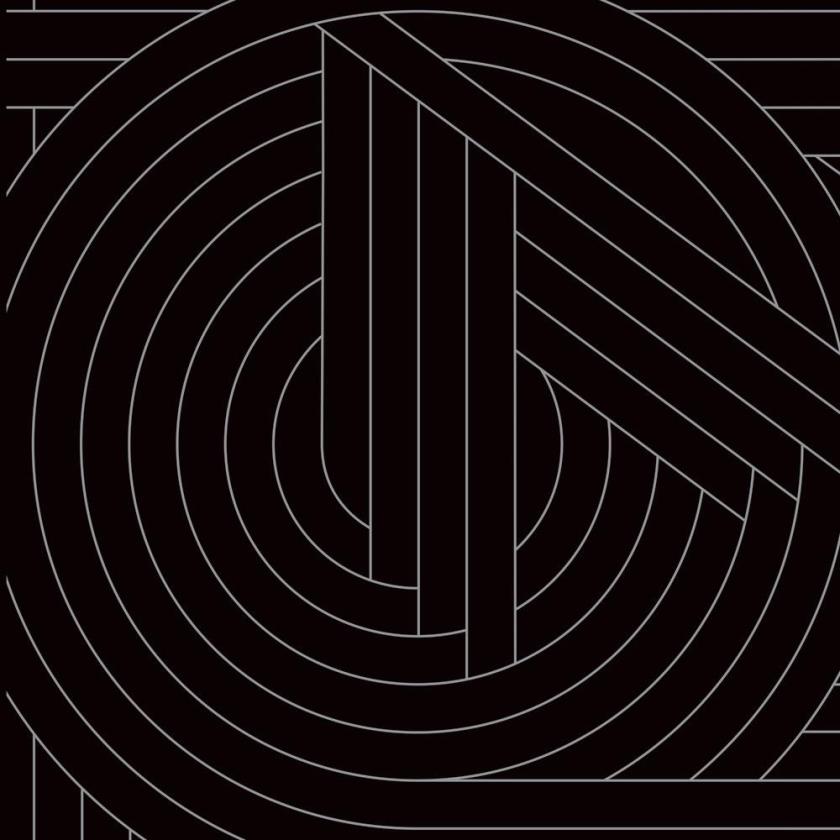
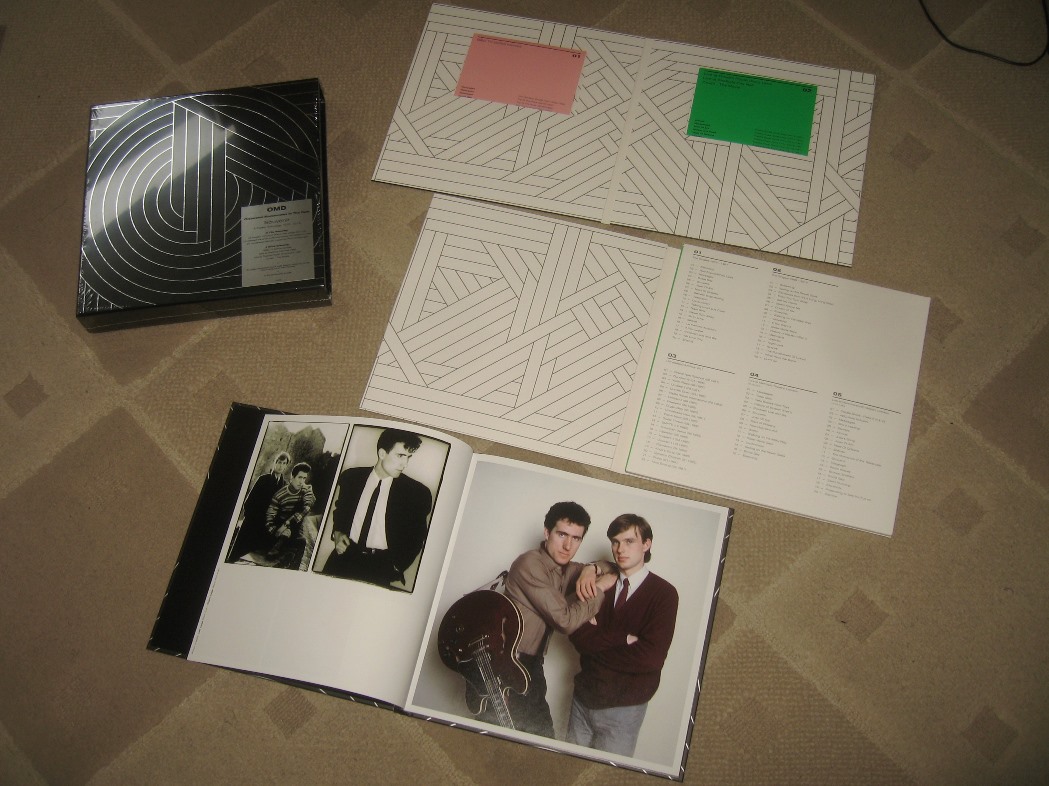
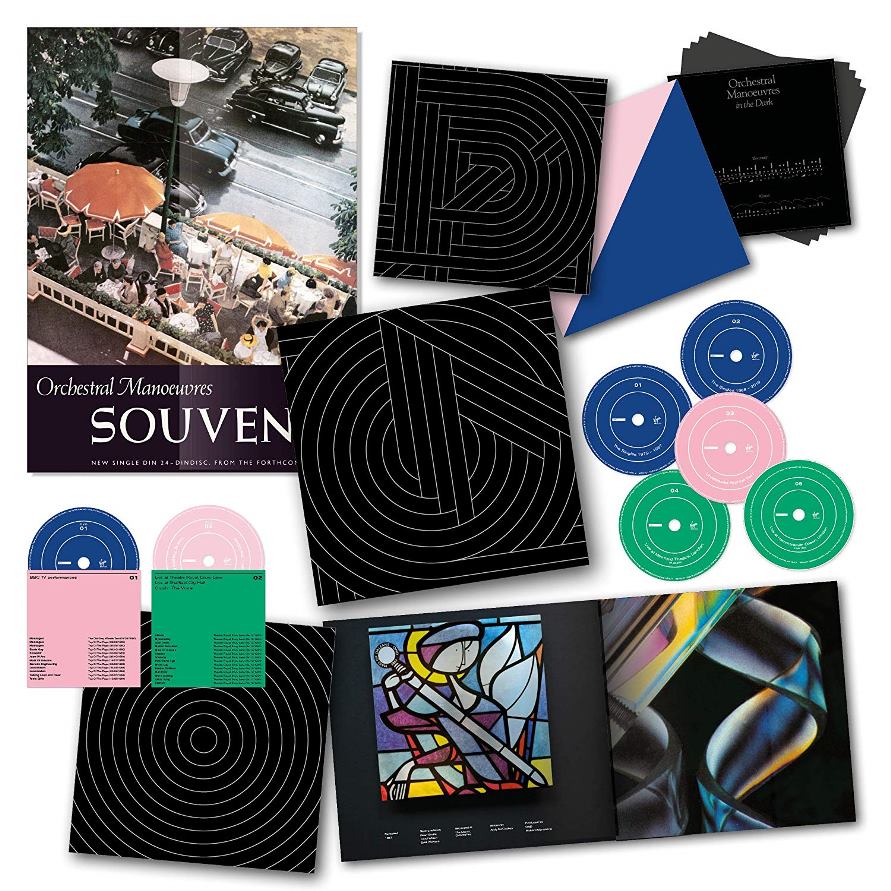
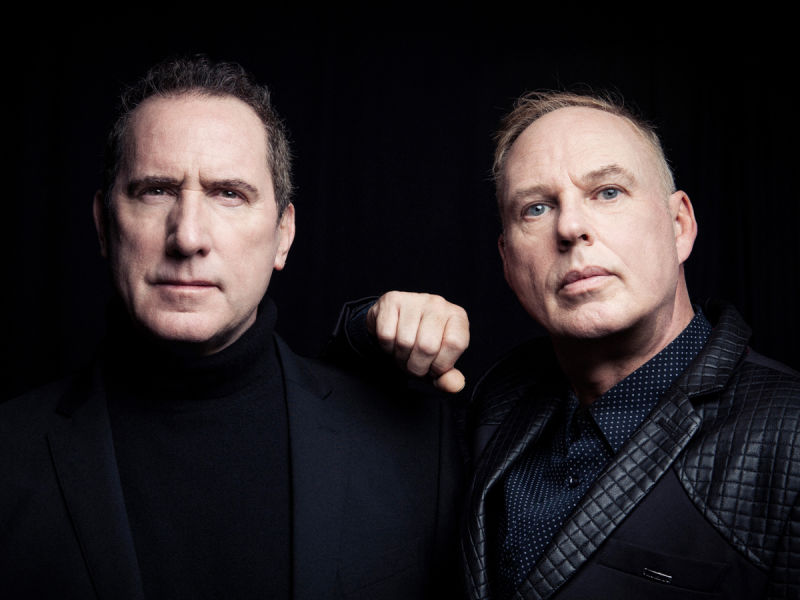
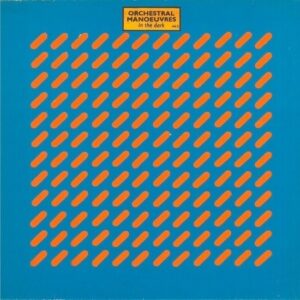
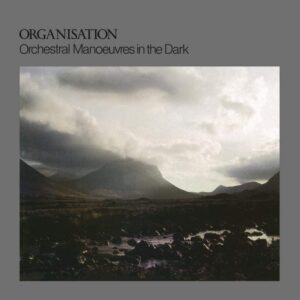
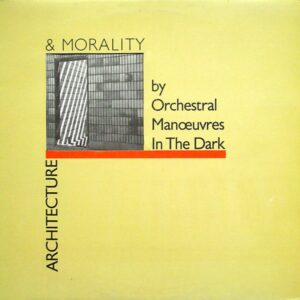
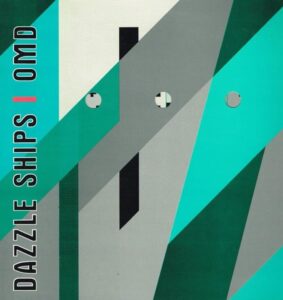

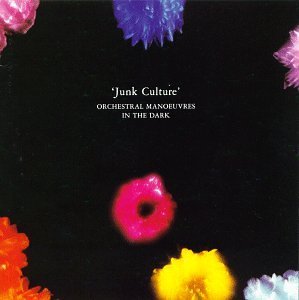
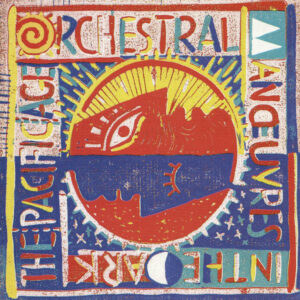

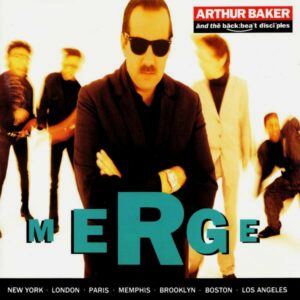
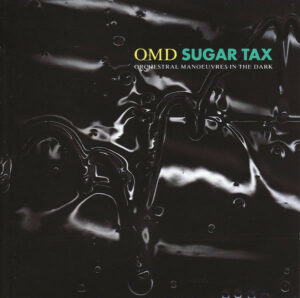
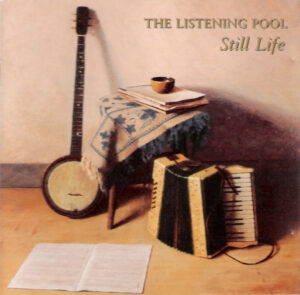

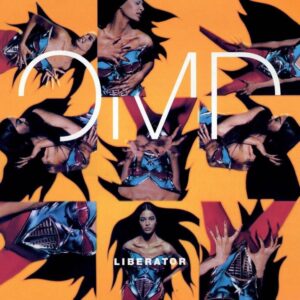
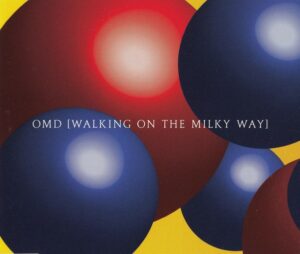
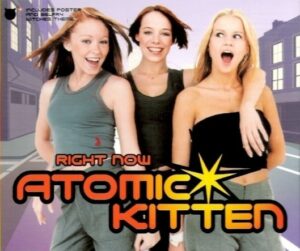
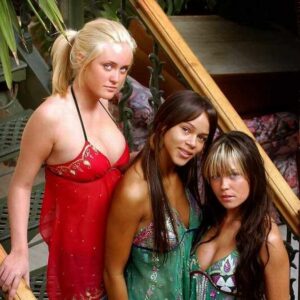
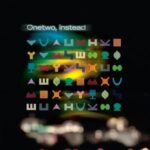
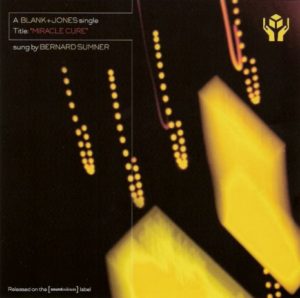
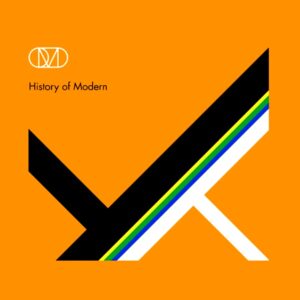
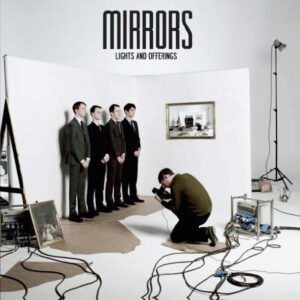
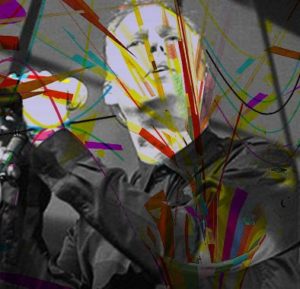

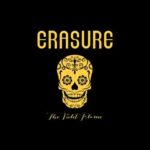
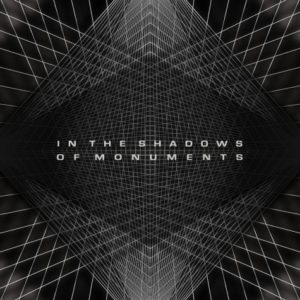

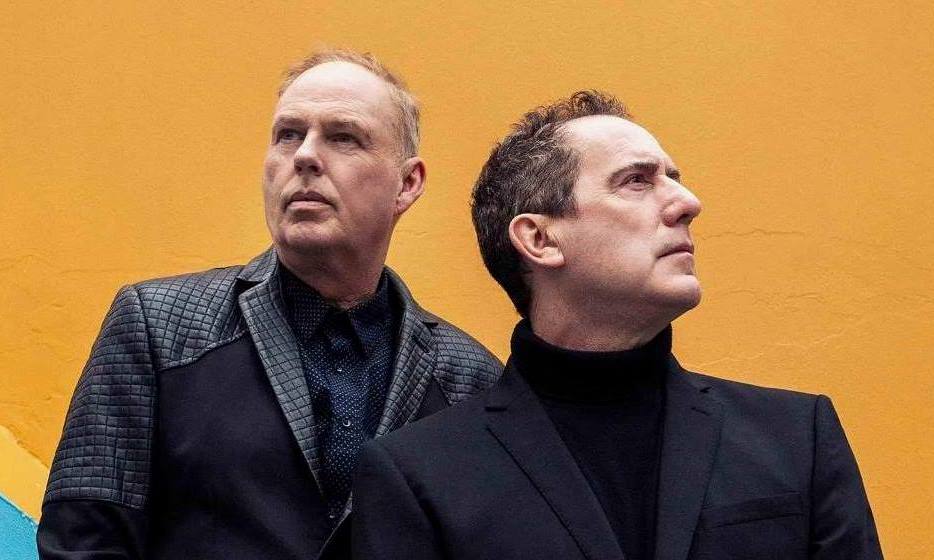
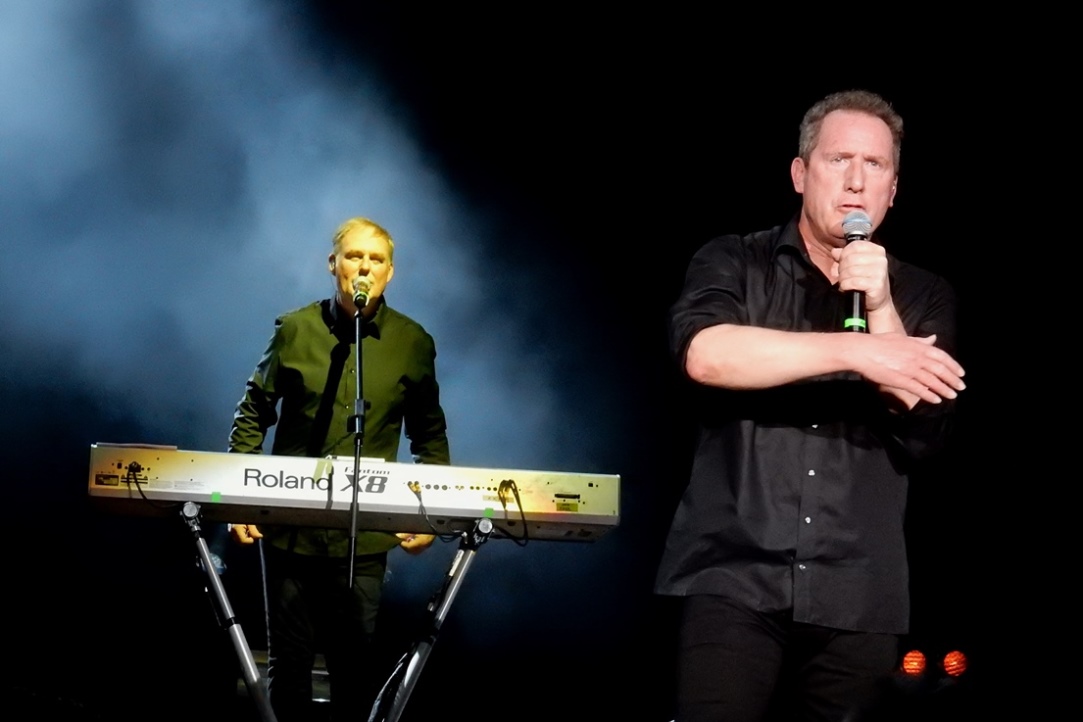
Follow Us!